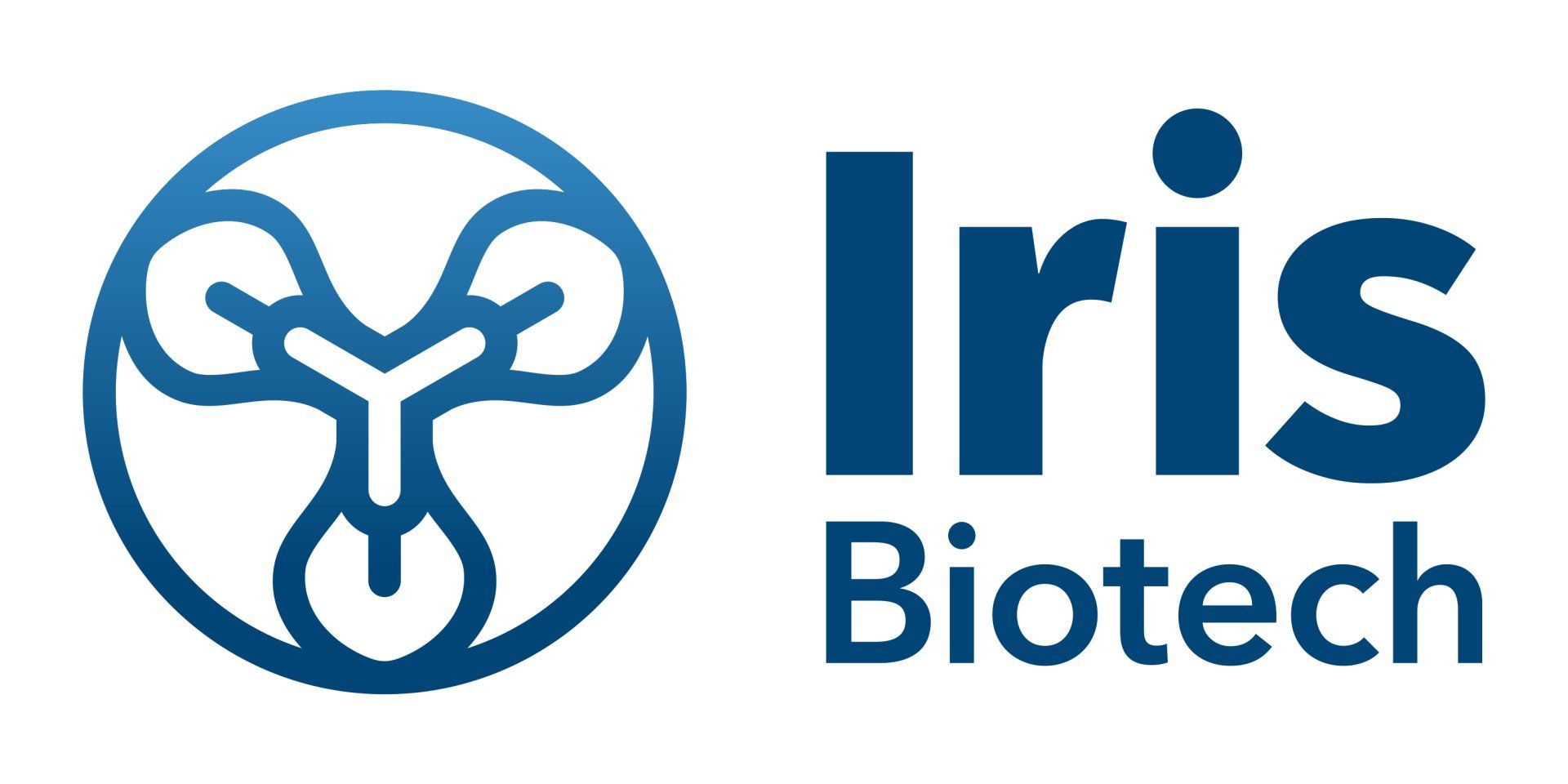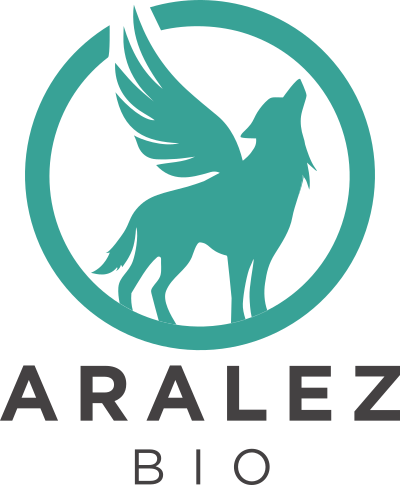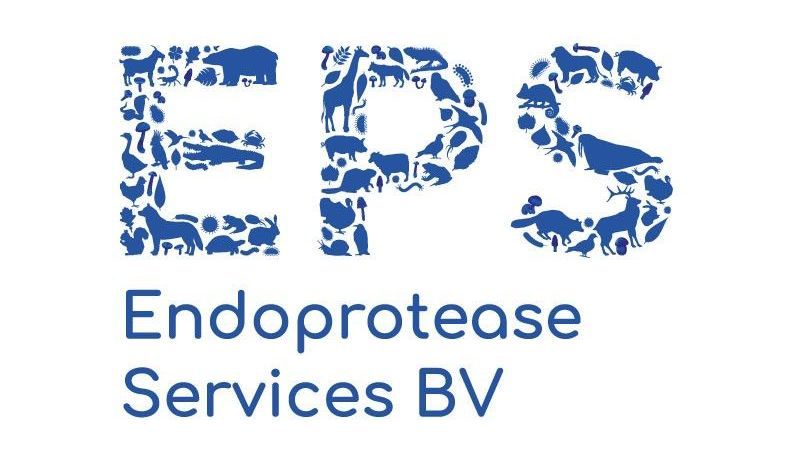
Slide title
Write your caption hereButton
Slide title
Write your caption hereButton
Slide title
Write your caption hereButton
Slide title
Write your caption hereButton

Slide title
Write your caption hereButton
Slide title
Write your caption hereButton
Slide title
Write your caption hereButton
Slide title
Write your caption hereButton

Slide title
Write your caption hereButton
Slide title
Write your caption hereButton
Slide title
Write your caption hereButton
Slide title
Write your caption hereButton

Yiannis Sarigiannis
Assistant Professor
University of Nicosia
Cyprus
Dr Yiannis Sarigiannis is currently Assistant Professor at the University of Nicosia, Nicosia, Cyprus. Previously, he worked as Senior Post-Doctoral Researcher at the Department of Pathology and Laboratory Medicine of the Perelman School of Medicine of the University of Pennsylvania, Philadelphia, USA (August 2014 – August 2016). He obtained his Diploma in Chemistry (1998) and his PhD in Medicinal Chemistry (2006) from the University of Patras, Patras Greece. Then he performed postdoctoral research at the Departments of Chemistry and Pharmacy at the University of Patras (Patras, Greece), whereas he was Visitor Scientist at the ISPA – Bari (Bari, Italy). He has developed broad research activities covering mostly synthetic and analytical aspects of chemistry. Currently, he works with bioinspired short peptides with multiple applications as therapeutics and diagnostics. Research results have been published in 25 international refereed journals and 6 book chapters, more than 70 abstracts in International Conferences, 3 invited lectures, while he serves as a reviewer in several journals. He is also member of the European Venom Network (https://euven-network.eu/ ) working on the venoms of endemic species of Cyprus (Mesobuthus Cyprius and Macrovipera Lebetina Lebetina).
L10 - Short and Ultra Short Peptides: Less is More
Short and Ultra-Short peptides have aroused considerable interest due to their unique and multidisciplinary properties and display great potential in innovative biotherapies. Due to their small molecular weight explore similar chemical space combining the advantages of both small organic molecules and therapeutic proteins. Short and Ultra Short peptides have evolved as a very promising scaffold for diverse applications as diagnostics, biomaterials and/or therapies. They present structural simplicity making their synthesis easier and economically efficient, higher mechanical stability, and usually less immunogenicity. Especially the ultra-short peptides exhibit better tunability, biodegradability and non – cytotoxicity and non-immunogenicity in comparison with longer peptides. In addition to the afforded mentioned applications several short and ultra-short peptides are used in cosmetic industry.
Here we present a series of short and ultra-short peptides (pentapeptides) isolated from marine invertebrates (sea cucumbers, sea stars, etc.) which spontaneously self-assemble in water to form a high stiffness hydrogel with β-sheet content. Nuclear Magnetic Resonance, Circular Dichroism, Infrared spectroscopy, X-ray diffraction, and rheological studies are used to explore the properties of hydrogel. Molecular dynamic simulations aligned well with scanning electron and atomic-force microscopy studies, revealing a highly filamentous structure with the fibers adopting a helical-twisted morphology. NGIWY amide peptide, one of them, was used as a delivery system for doxorubicin hydrochloride, curcumin and octreotide highlighting its versatility as a delivery vector of both hydrophobic and hydrophilic compounds of different molecular weight. Fibrillar structures are key elements in biological systems since they have been identified in both physiological (blood coagulation) and pathological conditions (interestingly, in degenerative diseases, e.g., Parkinson’s, Alzheimer’s).
The synthesized marine ultra-short pentapeptides display structural similarities with the KLVFF pentapeptide from beta amyloid (1-42) sequence. As a result, the marine pentapeptides were tested for their ability to inhibit the aggregation of beta amyloid protein, performing the established Thioflavin – T by using curcumin as positive control. The impressive inhibitory ability was tested in two scales of 100 an 10uM respectively. Ongoing studies proving the inhibitory activity of beta amyloid aggregation with Atomic Force Microscopy, as well as cell growth studies and 3D-bioprinting tissue engineering applications are under investigation.
